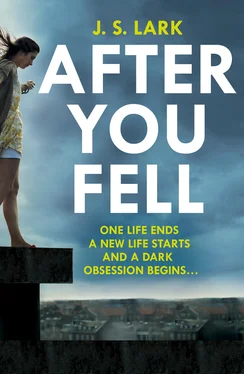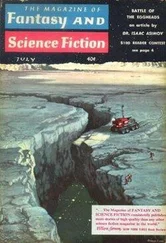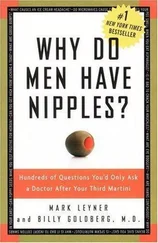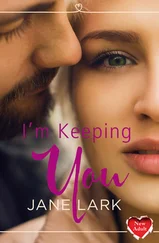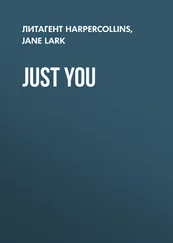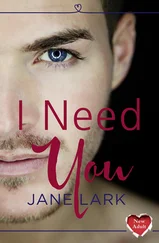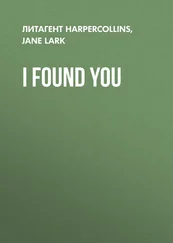I have change in my pocket, left over from buying a coffee at Paddington Station.
The dog’s gaze follows my approach.
I hold out the coins even though the man hasn’t asked for money.
He looks at me; the bit of his face I can see between hair and beard is tanned, leathery skin, tainted by a difficult life spent mostly outdoors.
A shaky hand lifts, palm open, outstretched. ‘Thanks.’ A Special Brew beer can is tucked beside his hip; it is hidden when his arm lowers.
‘You’re welcome. Do you always sit here?’
‘Unless the police move me on.’ His fingers have fisted around the precious coins.
‘Were you here the day a woman fell from the car park a few weeks ago?’
‘No, love. I never saw anythin’. Did you know ’er? Don’t y’u think the police did their job?’
‘I – I just wondered.’
‘Well, I never saw ’er. I wasn’t ’ere at the time.’
‘Okay. Thank you anyway.’ I walk on because there’s nothing else to say.
The air in the side entrance for the car park smells of mildew. I grip the cold metal handrail, which is covered in peeling green paint, and climb the steps. The doors into the parking floors have blue paint that is scarred by numerous initials carved into the wood. Just above the door to the second floor the smell of stale urine taints the air.
The steps are made of bare concrete and the outer wall is constructed with green-painted metal bars that I can see between. The man in the alley is sifting through the coins.
Did Louise climb these steps that day?
The higher I climb, the more I have a sense of her in my chest.
My heart, her heart, is racing with that heavy pulse that I can’t ignore. Listen. Listen. Listen.
I know she wants to tell me something, or persuade me to tell someone else something.
At the top I push the scarred blue door wide and step out on the top floor. I expect to walk into sunshine, but the horizon is grey now.
There are about a dozen cars sprinkled across the space but no one else is up here.
What a place to die. Why was Louise here? Was she alone?
A full rainbow appears, arching over the buildings on the other side of the town.
The side of the car park that hangs over the shops slightly is only a few metres away from the stairwell. The shop Louise fell in front of is under the corner there.
I try to hear Louise’s voice as I walk to the corner where I know she stood. But I can’t make out any words. ‘What happened?’
Beyond the rainbow, the horizon is blurred by the rainstorm.
The wall is bare, rough concrete, like the rest of the car park. I imagined the wall would be waist-high but the top of the wall is chest height.
Louise could not have fallen accidentally; she must have been picked up, or climbed up.
My elbows rest on the wall as I look down. Even on my toes I can only just see the shops on the far side of the pedestrian area.
A breeze tosses the hair away from my face and makes it dance as the air sweeps up from below.
I want to see what Louise would have seen that day. I feel as though I should know why she was here. I’m hoping that being here will increase the connection I have with her. I look for images in my memory, memories that are not mine, but I can’t find them.
My hands press on the wall and I scrape the toes of my trainers as I scramble and pull myself up. The rough concrete catches at strands of the fine wool in my jumper and scuffs my jeans while I manoeuvre my legs so I can sit on the wall with a leg dangling either side.
The area below is flooded with people walking into the town centre.
I have never been afraid of heights. Living with a weak heart that threatened to kill me any day meant nothing else scared me as a child. I was always reckless and careless, rather than cautious. I was either in hospital or pushing the boundaries and packing in as much enjoyment as possible before the next time.
But my periods of enjoyment were manic. Out of control at times, as I tried to fill up the vacuum in me. I was scared and lonely for large parts of my life, even with Simon as a surrogate father, in his school and college days. He was so much older and there were times when I wanted him, and he wasn’t in reach.
What about Louise? Was she scared that day?
Surely someone must have been here with her? The wall is too high for it to have been an accident. Someone must know how she fell.
I look down and see a vivid image of her broken body lying on the pavement. Louise would have realised she was falling and, in the next moment, hit the ground.
I look up at the rainbow and the haze of the rain in the distance.
The only reason Louise would have been here alone was if she had chosen to fall. Which means this heart must have been unbearably sad. But I know sadness can drag people down into the strong undercurrents of a black, thrashing sea.
The rainbow is brighter now, defying the dark grey behind it. I don’t want to think of Louise broken on the floor down there. ‘I will think of the hope you are giving me.’ Even though I can’t hear her, perhaps she can hear me, and she must know how grateful I am.
The wooden skateboard scrapes on the metal of the cycle rack, pulling my gaze down to the youth practising his tricks.
I see a free runner when I look back at the tops of the high buildings; I see bravery and body strength to balance, watching an imaginary me jump along the tops of the buildings. Me. A Marvel superhero making this world mine. If I weren’t ill, I might have become someone with that much freedom. Not a superhero, obviously. But unrestrained. That was the good thing about my bipolar: it made me vibrant at times, capable of anything.
I will not be a free runner now, but Louise’s gift means I will be able to do other things to set this heart on fire with adrenalin.
The colours of the rainbow fade.
A girl’s laugh rises from somewhere in the lower levels of the car park and a mother’s sing-song voice responds.
A child – that is what I want to set this heart on fire. I just want to fill this heart with love. To fill the hole in me.
A sadness that is overwhelming pushes through my chest, forcing its way in. I think it is Louise’s sadness. I don’t feel sad.
Perhaps I have made her think about her children. They’re orphans now. Like me. But not like me, because they have grandparents.
‘Why were you here, Louise?’ The words are swept away on the breeze, without answer. She had parents who loved her, and children.
‘How did you fall? You can’t have wanted to leave your children.’
The long grey smudge of rain is moving past Swindon, along the outskirts, over the distant hills, blown by the wind higher up in the atmosphere.
I swing my leg over and drop down onto the tarmac.
There is somewhere else I want to go before I catch the train back to London.
There’s space on a park bench next to a young woman. I perch on the edge because there’s a missing piece of wood in the seat.
The heels of my shoes tap a quick beat on the pavement. It is a nervous habit that I have had for as long as I remember – ‘You have a twitchy leg,’ Simon used to say when we were sitting in waiting areas for whoever would collect us next.
There is dust from the wall on my jeans. I brush it off.
The woman is looking at two young boys who are feeding the ducks. A swan is hissing at the boys to persuade them to drop their bread. They throw the bread into the lake and run to the woman beside me, shouting at the swan, ‘Go away.’
There’s a picture of the blond children feeding ducks in this park. Perhaps Louise walked along this path to reach the car park?
Perhaps Robert and Pat walk here with the children.
Читать дальше
